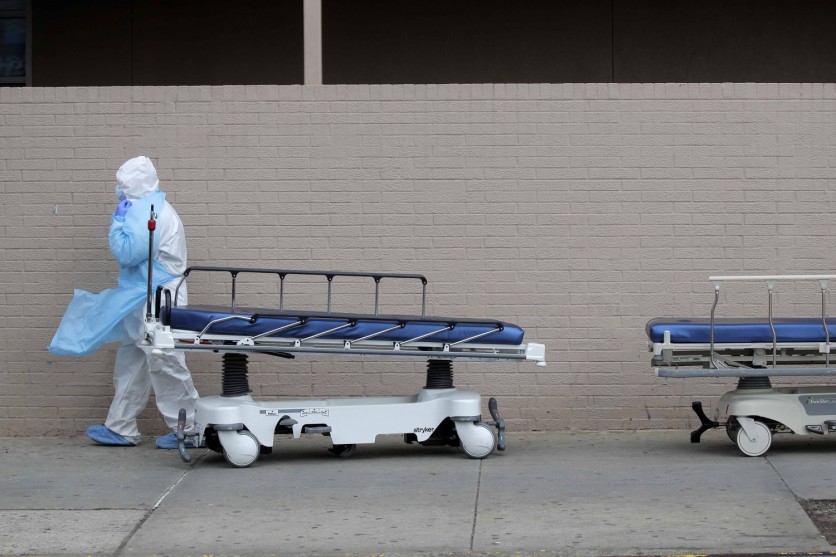The spread of fake and real coronavirus data is being tracked by scientists to peer stories that are getting the most attention on social media.
The coronavirus outbreak has sparked what the World Health Organization (WHO) is looking for an "infodemic" - an overwhelming amount of data on social media and websites. Some of it is accurate. And some are downright untrue.

The fake reports range from conspiracy theories that the virus is a synthetic bioweapon to the claim that more than 100,000 people have died from the disease.
Researchers from the Open University will evaluate COVID-19 posts on Twitter, Facebook, and Reddit towards fact-checked articles from established sources.
Social media giants have said they're actively operating to screen and eliminate incorrect information about COVID-19 and are promoting legitimate information sources.
Misinformation causes harm, says expert
Professor Harith Alani from the OU said his studies should assist governments, scientists, and health establishments forestall the expose of terrible rumors.
He told DailyMail they could additionally examine ways to immediately alert people on Twitter and Reddit if a post they are sharing is from a fake source or incorporates incorrect information.
OU researchers would debunk myths, which include COVID-19 is an artificial virus; participants of the public can wash the virus away with water and that taking a hot tub will prevent you from catching COVID-19.
Researchers say misinformation and 'fake recommendation'' may be dangerous because it could lead to people 'taking more risks' than if they had been following respectable guidance.
Alani said they'll provide information to policymakers and health officials about the spread of faux news on the coronavirus.
It might additionally then be used to alert social media users about the quantity to which they may be spreading false facts - with possible warnings approximately a fake post.
They will amplify existing gear and algorithms already in use for tracking generic faux news as a part of a challenge known as CO-INFORM.
'We will extend and use such algorithms to find the claims that are being made approximately COVID-19,' said Alani, a professor of internet technology at the OU.
He stated they would 'test them in opposition to facts from relied on and authoritative sources, and produce understanding and graphs for policymakers and health officials.'
Alani said they might look at which geographic areas, by way of what age and cultural groups, and so on the articles are maximum quick spread.
"This could hopefully help governments, scientists, media, and health firms understand what misinformation needs to be addressed urgently," he added.
Political agenda might be the cause of fake news
Fake information can unfold speedily online. A 2018 study from Massachusetts Institute of Technology said: "false news spreads much quickly on [social media] than actual news does."
There could be a political agenda in the back of the fake coronavirus news as well, researchers claim. Countries that are unfriendly toward China could hijack the conversation in hopes of building chaos and disintegrating trust in the authorities, says Dr. Margaret Bourdeaux of Harvard Belfer Center's Security and Global Health Project.
"Disinformation that specifically targets your health system or your leaders who are trying to manage an emergency is a way of destroying, undermining, disrupting your health system," she told NPR.
Bourdeaux said tracking the fake and real coronavirus news is a "clever move." She compared the approach to the "advertising techniques from the 1950s.
"They're establishing the narrative before everybody else can,'" Bordeaux explained.
WHO is also collaborating with tech giants like Google, Twitter, Facebook, Pinterest, and TikTok to restrict the spread of harmful rumors. The organization is also pursuing a similar tactic with Chinese digital corporations - including Weibo, Tencent, and Baidu.





